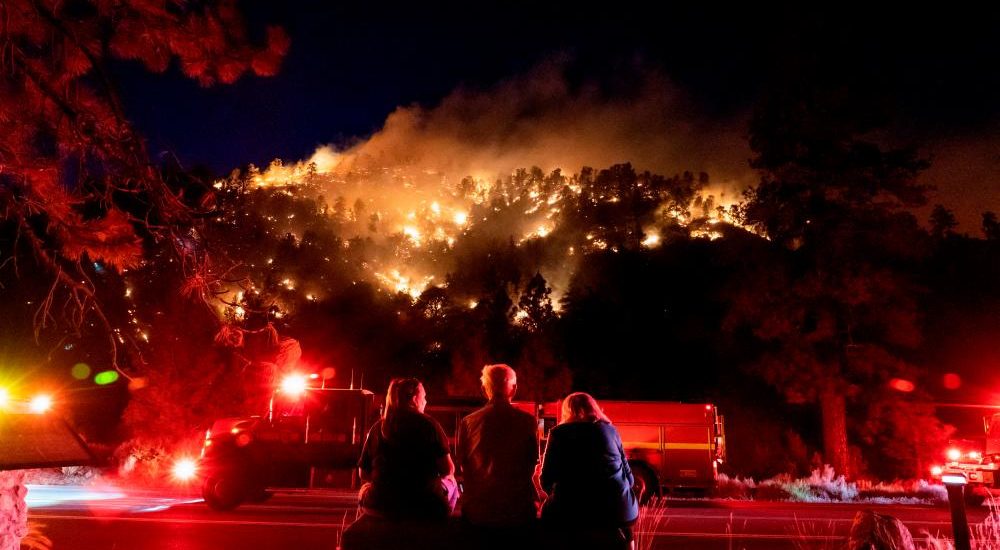California is infamous for its wildfires, which are now an annual occurrence.
Although the state’s climate provides an ideal environment for conflagrations, humans bear most of the responsibility for setting the earth ablaze.
I’m not only alluding to climate change.
I’m also alluding to simple human ignorance.
In a past conversation with two of my friends who live in California, we briefly discussed a 2020 wildfire that was sparked by fireworks set off at a party in the hills of East Los Angeles.
Before our conversation drifted away to other topics, we reached the conclusion that fires created out of stupidity are worse than fires ignited out of malice (like arson).
We should never downplay the disasters caused by malicious intent, but the insidious nature of human thinking is often ignored.
Greed and hate are blatant.
Ignorance is invisible.
Delusion is more difficult to address at both a personal and societal level, and you can’t completely extinguish greed and hate when you don’t even acknowledge that they exist.
We can encourage generosity and promote kindness as a temporary treatment for these negative emotions, but wisdom is the actual cure.
Knowledge can serve as a basis for insight, but it isn’t a replacement for wisdom.
You can apply concepts in unwise ways like culinary apprentices who can see what a master chef is teaching them in the kitchen but are still unable to produce delicious dishes.
These mistakes don’t derive from ill intentions, but they can still lead to deleterious results.
Yes, we’ll experience these negative consequences, even if our mistakes were done with good intentions or were unintentional in a sense.
This reality is probably hard to accept, but you need to have a great deal of self-awareness and engage in deep self-reflection to cultivate the wisdom that will allow you to see your blind spots.
Without this recognition, we end up developing philosophies and systems of oppression that lead to traumatic, intergenerational harm to entire societies. Think colonialism, imperialism and the various other -isms.
Yet wisdom doesn’t stem from simply reading about history or watching the news. That’s just a starting point.
And wisdom isn’t about seeing others’ problems and thinking we can help them because we understand them better than they understand themselves. We don’t want to fall for the illusion of asymmetric insight.
These kinds of insights fuel an unhealthy sense of self-pride — one that’s still entangled with comparisons with others. This is reverse engineering insight, which won’t ultimately work because our perceptions of others are filtered through our perceptions of ourselves.
Moreover, our sense of who we are is limited by what we can see about ourselves. It’s like the mind is a house with many rooms; we may spend a lot of time in the kitchen, but we never lounge around in the living room and are afraid to explore what’s up in the attic.
In a way, we’re strangers to ourselves.
Yet we believe we can understand the strangers who we meet every day in our lives.
This is strange thinking.


